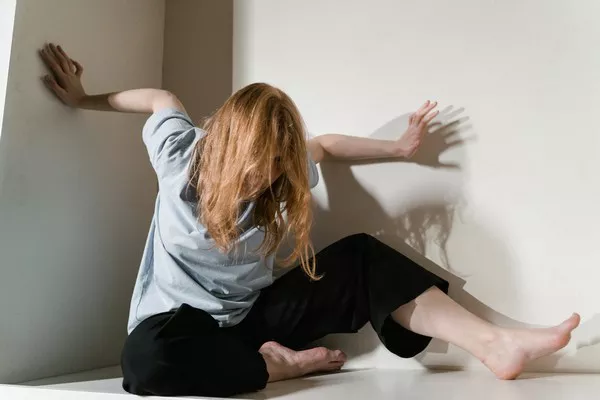The importance of mental health is recognized worldwide, and the World Health Organization emphasizes that there is no health without mental health. However, in the context of vulnerable populations, such as prisoners, mental health challenges become even more pronounced. Indian prisons, like many others, face significant challenges in addressing the mental well-being of inmates. This article delves into the struggles faced by Indian prisons in providing mental health care to inmates, highlighting the factors contributing to poor mental health and the legal safeguards in place.
Factors Contributing to Poor Mental Health in Prisons:
Inadequate Facilities: Prisons in India often suffer from poor infrastructure, overcrowding, and limited basic amenities. These conditions can lead to increased stress, anxiety, and poor mental health among inmates.
Restricted Privacy and Mobility: Inmates have limited privacy and mobility, which can exacerbate feelings of isolation and contribute to mental health issues.
Human Rights Violations: Violations of human rights, sleep disturbances, and limited access to healthcare further compound the mental health challenges faced by inmates.
Stigma and Discrimination: Stigmatization of mental health issues within the prison environment can deter inmates from seeking help.
Lack of Awareness: Many inmates may not be aware of the importance of mental health or how to access support services.
Lack of Correctional Staff: Indian prisons face a severe shortage of correctional and mental health professionals, with a high ratio of inmates per staff member.
Common Mental Health Issues in Prisons:
A study published in the Indian Journal of Social Psychiatry in 2018 revealed that common mental health issues among prison inmates include schizophrenia, depression, post-traumatic stress disorder (PTSD), and sleeplessness. Substance abuse, including cannabis, alcohol, and tobacco addiction, is also prevalent. Instances of suicide and self-harm behaviors are not uncommon, and they are further complicated by the limited monitoring and sensitivity to these issues.
Challenges Vary Based on Inmate Profiles:
The nature of mental health issues in prisons can vary based on factors such as the length of imprisonment, the type of conviction, and past mental health conditions. For example, individuals convicted for violent crimes may experience trauma reactions like PTSD, adjustment disorders, panic disorder, and long-term depression.
Legal Safeguards and Recent Legislation:
The Mental Healthcare Act of 2017 has introduced essential provisions to address mental health concerns in Indian prisons. It defines a prisoner with mental illness and empowers the Mental Health Review Board to inspect prisons for mental healthcare facilities. The Act mandates the training of medical officers in prisons to provide emergency healthcare. Additionally, it requires the establishment of a ‘mental health unit’ in at least one prison in every state or union territory.
Existing Legal Provisions:
The Criminal Procedure Code (CRPC) contains sections (328, 329, and 330) that allow for the postponement of the trial if the accused person is determined to be of unsound mind. This ensures that individuals with mental illness receive treatment and may be released based on surety or kept in safe custody.
Conclusion:
Indian prisons face significant challenges in addressing the mental health of inmates, but legal safeguards and recent legislation offer hope for improved mental healthcare within correctional facilities. Recognizing the importance of mental health and promoting awareness and access to services are essential steps toward supporting vulnerable populations in prison and reducing the stigma associated with mental health issues.

























